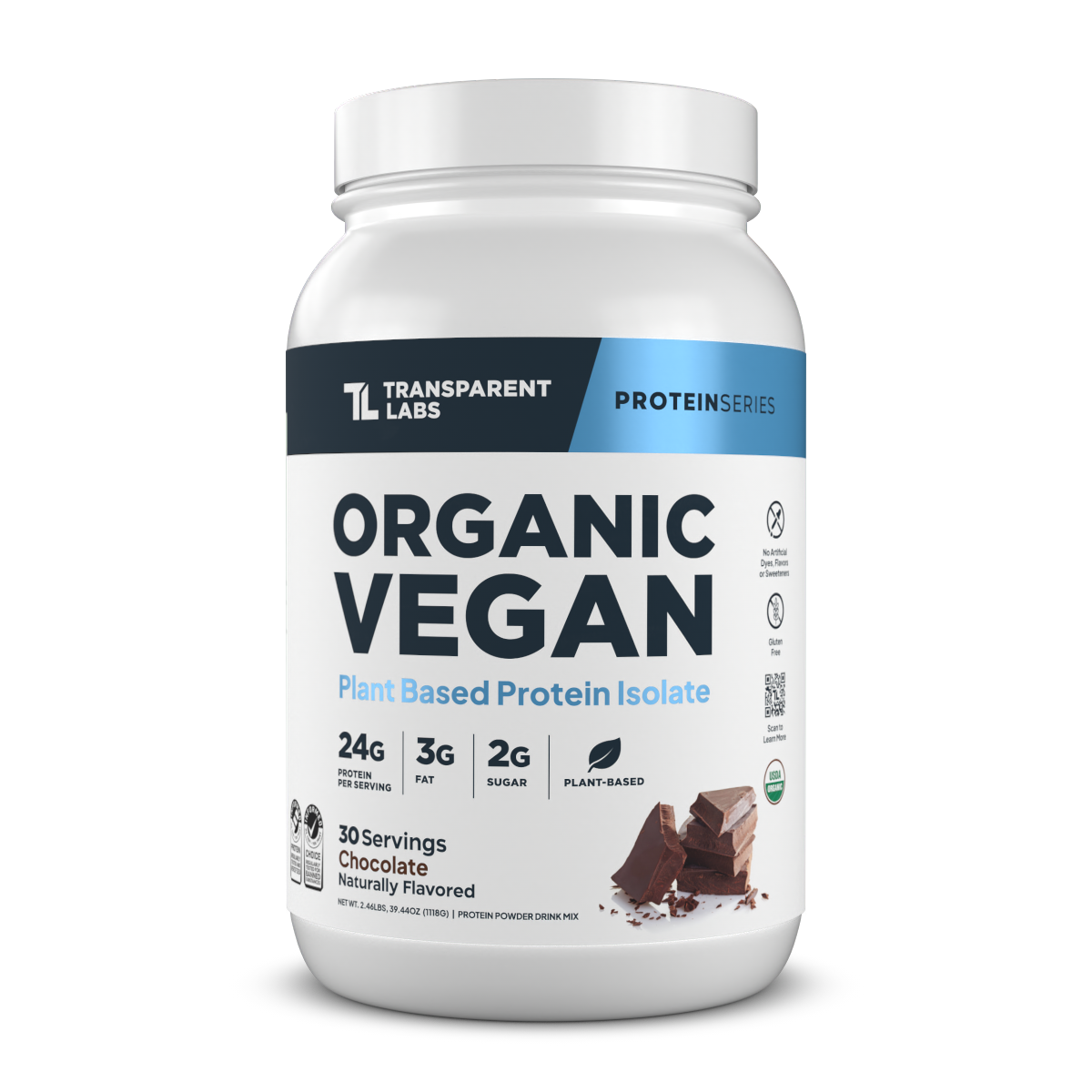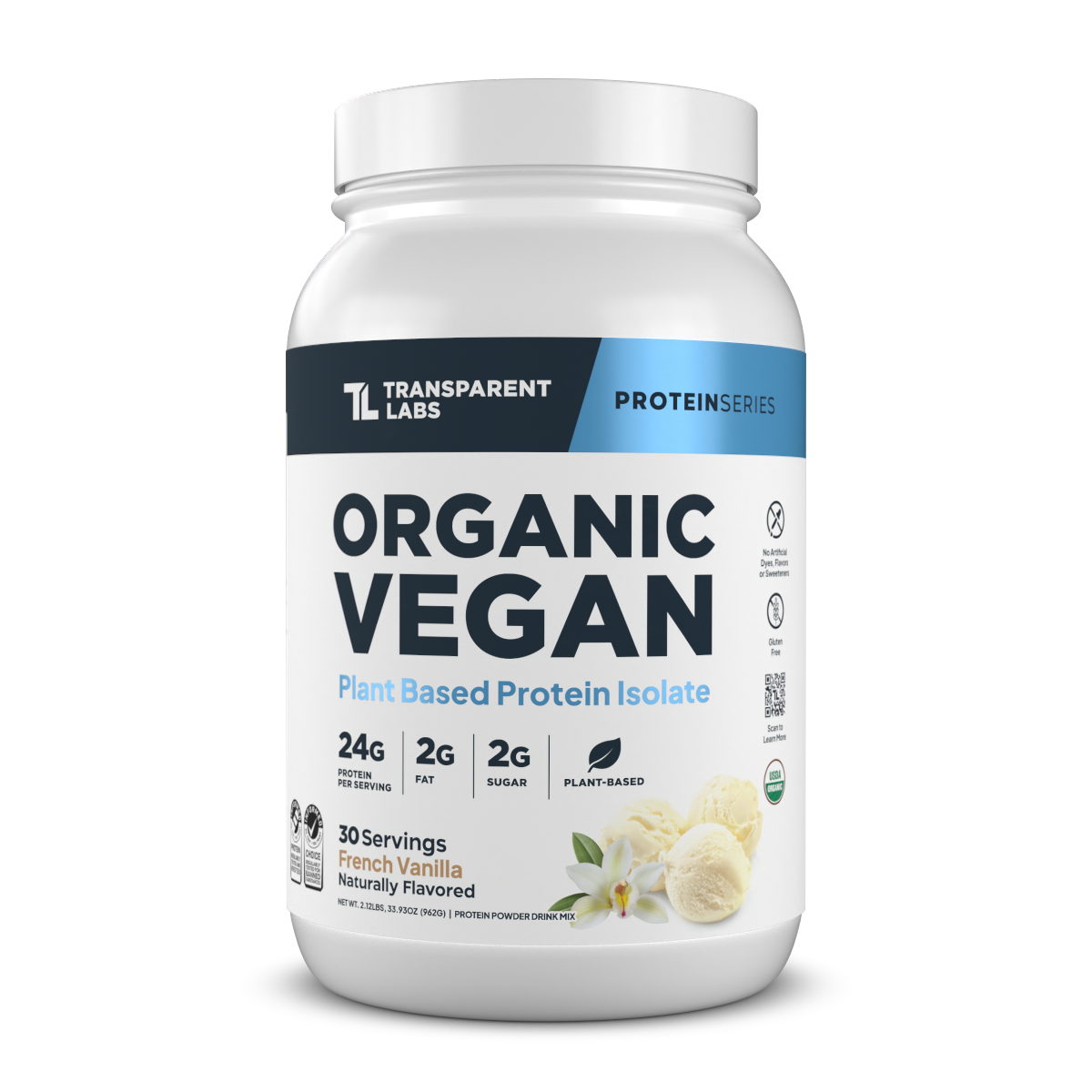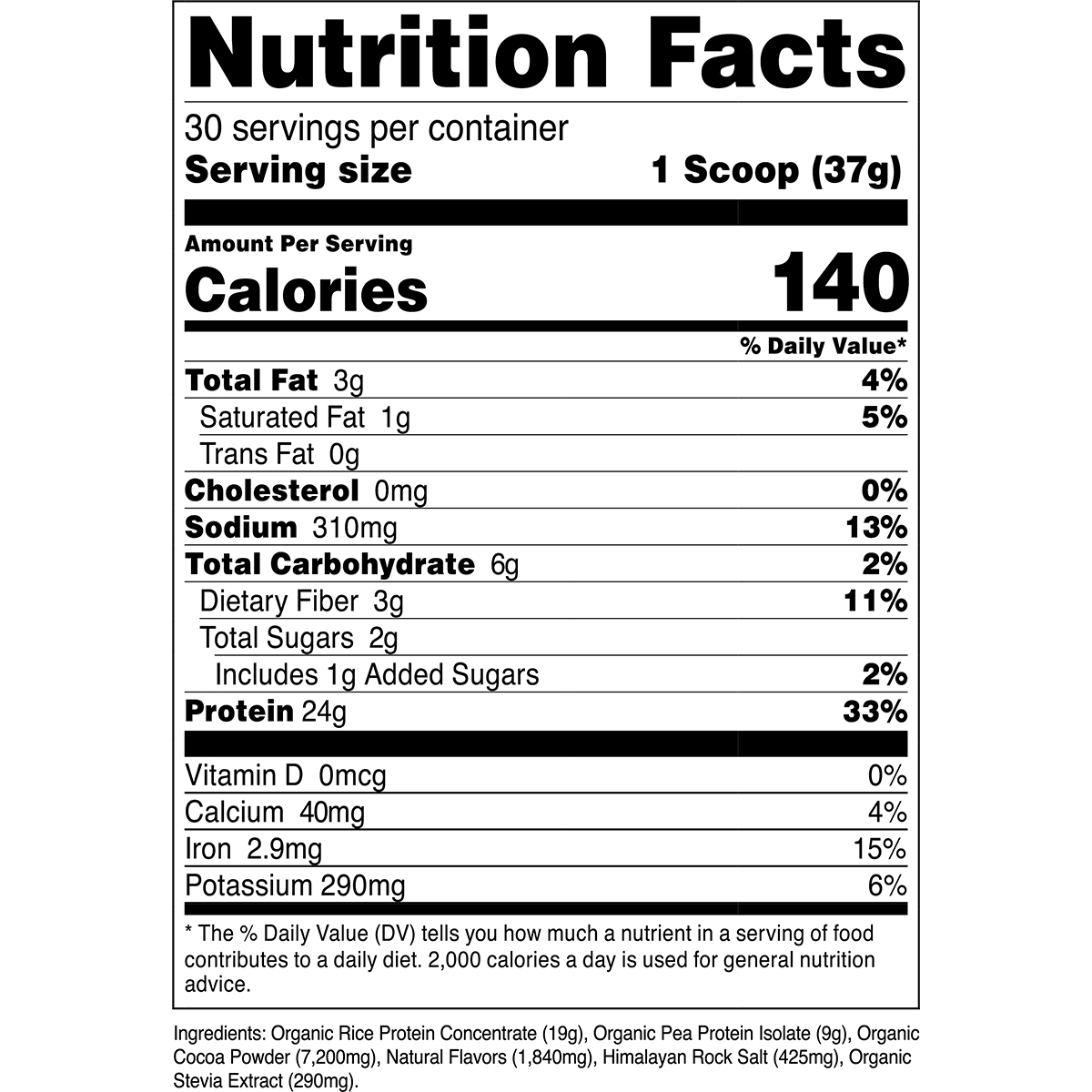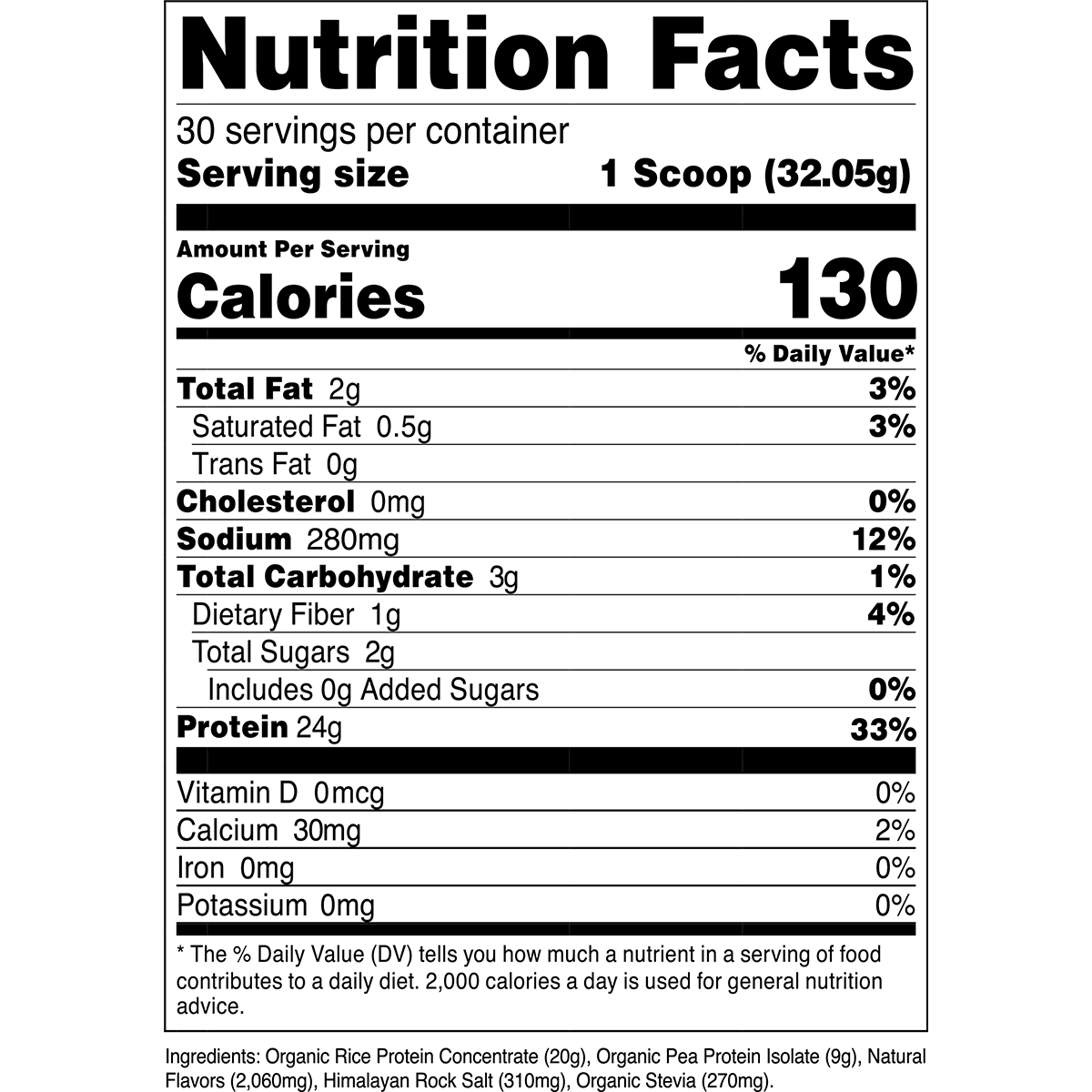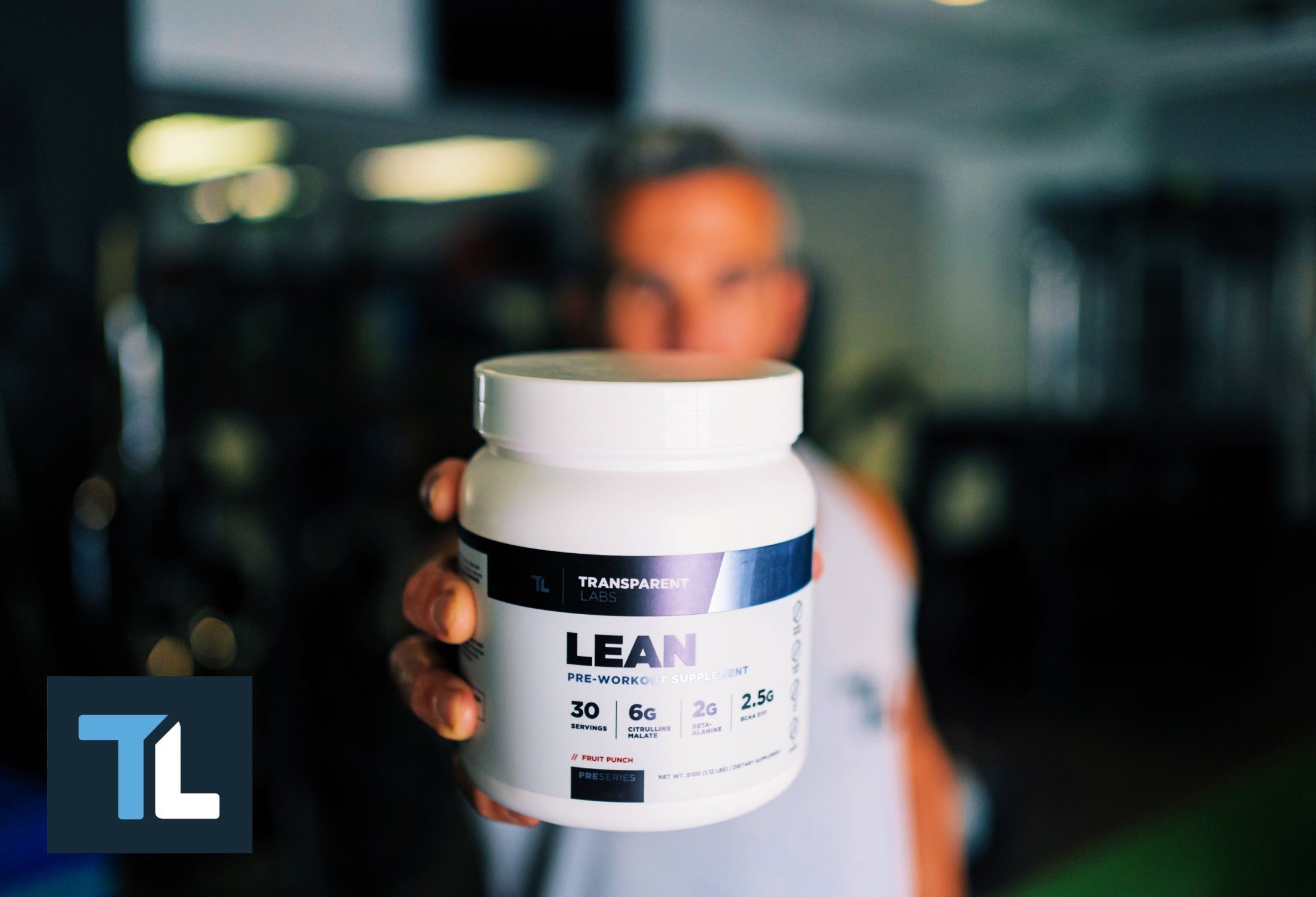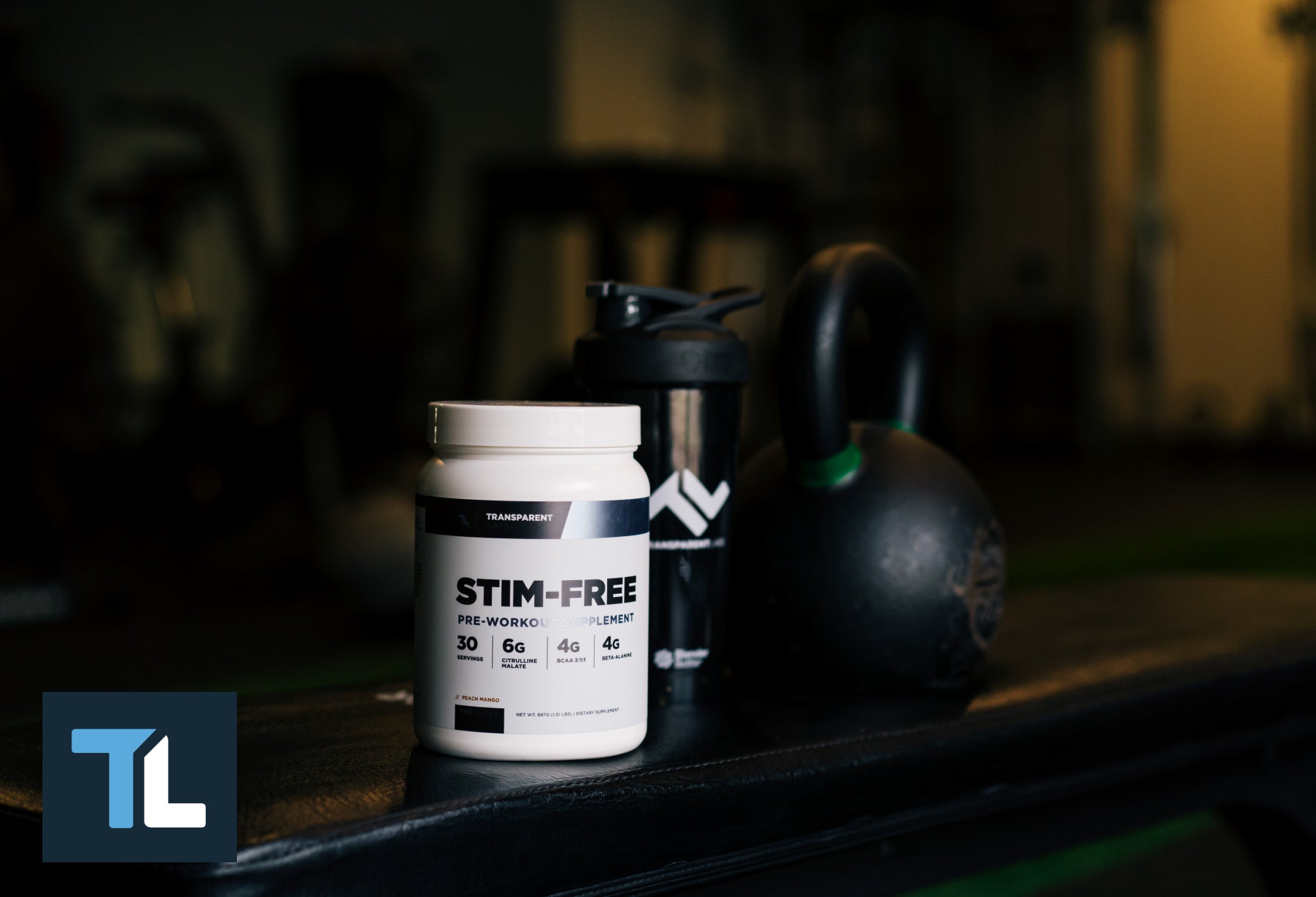|
Protein has been the most talked-about macro for quite some time. High-protein diets have become a common trend in nutrition and fitness, with companies rolling out high-protein pasta, bread, chips, and cookies and internet influencers coming up with high-protein snacks to hit your daily goals. From bodybuilders chugging protein shakes to casual gym-goers tracking their macros, the pursuit of optimal protein intake has become almost obsessive in today's health-conscious world. While protein's importance for muscle growth, recovery, weight loss, and overall health is well-documented, the growing fixation on maximizing protein consumption has led to some concern. With all this talk and hype around protein, it’s worth begging the question: Can you eat too much protein? Why is Protein Important?Protein is important for many bodily functions. It is found in every single cell throughout the body and, therefore, plays several imperative roles. Protein influences hormones and enzymes. Many enzymes and hormones comprise proteins and help regulate various bodily functions, including metabolism, digestion, cell growth, and repair. They also promote satiety by increasing the hormone that makes us feel full. Maintaining adequate protein consumption is important for immune system function, as antibodies are made up of protein. Protein can assist as a secondary source of energy when carbs and fats are low and can help maintain body weight after losing weight. Understanding what protein is and why it is essential is important, but how do you know your personal protein needs? How Much Protein Do You Need?According to Harvard Health, the recommended dietary allowance (RDA) for protein intake is .36 grams per pound of body weight to stay healthy and meet your body’s basic needs. Although this is the daily recommendation, it is the minimum amount your body needs to execute its processes. Depending on your activity level, it may be necessary to increase daily protein. A high-protein diet is especially important for those who are extremely active. Building muscle and repairing tissues after a hard workout is important for anyone working towards muscle gain. But, there is such a thing as too much protein, so it is important to be mindful that you're getting enough protein without over-consuming. While healthy adults who partake in minimal physical activity should adhere to the RDA for protein, athletes will need an increase in daily calories, carbs, fats, and protein to counterbalance their activity and repair muscle tissue. The National Resource Center on Nutrition and Aging has stated that aging adults may need as much protein, if not more than the average healthy adult. As we age, our muscle mass naturally declines, which can result in malnutrition as well as muscle loss, which is exceptionally difficult for older populations to bounce back from. Ensuring you eat the proper amount of protein within a balanced diet is important to maintain proper bodily function and to maintain health. To understand your individual needs, take into account the RDA for your demographic and consider how physically active you are. Protein recommendations are implied for health individuals, but it is worth consulting with a registered dietitian if you are curious about your personal needs. What Happens When You Eat Too Much Protein?Just like anything in life, too much of something can be a bad thing. Although it's important to get enough dietary protein intake daily, eating too much protein can have harmful consequences. What happens to your body when you're eating too much protein? "Too much protein" is defined as consuming 35% or more of total energy intake from protein sources. It can lead to too many amino acids in the bloodstream (hyperaminoacidemia), too much nitrogen which causes metabolic issues (hyperammonemia), increase in insulin (hyperinsulinemia), nausea, diarrhea, and potentially death. This study found the best amount of protein consumption per day is to eat 2-2.5 times body weight in kilograms. Although more research needs to be done, some of the other common issues that arise from excess protein consumption include increased cancer risk, liver issues, kidney damage, digestion disruption, and progression of heart disease. Overconsumption of protein in otherwise healthy people comes with potential physical consequences leading to chronic diseases that do not outweigh the possible benefits. One long-term health risk includes kidney stones because of how excess protein is processed in the body. As many people utilize animal based foods to reach their protein goals, it is worth noting the risks that come with red meat consumption and processed meats. There have been high associations found between high meat diets and breast, bowel, and prostate cancers as well as coronary artery disease. So while it is necessary to get adequate protein intake, it's equally important to avoid eating too much protein and putting yourself at increased risk of disease. This is especially true for those on the keto diet, and those who eat meat and animal protein in abundance.  Protein and Weight LossWhile there are risks with excessive protein intake, there are many reasons to enforce high-protein diets, including its potential significant association with weight loss. Protein is an integral part of a healthy diet and has better satiating advantages over other macronutrients. Because it leaves a feeling of fullness, it can curb cravings and desire to eat empty, excess calories. There is no proof that overreaching on protein needs will elicit a better outcome for weight loss. Be mindful of the sources of protein you're consuming if you're trying to lose weight. Some meat, especially processed meat, have high fat, may have high saturated fat, and can pack in excess calories. Protein sources matter, especially when you're picking them for weight loss purposes. Consuming protein in excessive amounts in a day can also lead to excess fat mass in the body. Too many calories equals too many calories regardless of the source, and excess protein is stored as fat in the body. The proven method for weight loss is maintaining a caloric deficit, which means burning more calories than are consumed in a day. A high protein diet still requires burning more calories than you intake. Best Sources of ProteinDifferent types of protein sources provide different grams of protein per serving, so paying attention to the sources you consume will be beneficial. Whether you're plant-based or eating animal protein, there are a few things to consider. If you're vegetarian or vegan, be mindful of the types of plant protein you're consuming. As plant proteins are often not complete sources of protein, opt for pairings of plant-based foods with a combined profile including the amino acids necessary to count as a full source. Incorporating foods like whole grains, vegan protein powder, greek yogurt (if you aren't vegan), and plant proteins like edamame and quinoa are excellent ways for healthy individuals to increase their protein intake. For those who aren't on a plant-based diet, opt for healthy choices to hit your daily protein goal. Don't overdo it on the red meat, and opt for proteins like meats with high grams of protein per serving, fish, dairy, and other options like cottage cheese. You can also opt for protein supplements like collagen and whey. Be careful when choosing high-protein foods that are processed, like protein bars. Ensure they have quality ingredients and don't have excess sugars and processed ingredients that may lead to weight gain, sugar crashes, and other unwanted side effects. There are, of course, supplements as well. Traditional protein supplements provide around 15 to 30 grams of protein per serving, depending on the brand. While protein supplements are a great way to get an additional boost of protein (especially for low-carb and low-fat diets), but whole food sources are optimal compared to supplements. When to Avoid High Protein IntakeThere are a few groups of people in particular who should be very mindful about their protein consumption.
As protein is one of three macronutrients, it is important to get a certain amount of protein each day, but eating too much protein may leads to problematic outcomes like kidney issues and heart disease. If it best to consult with a registered dietitian or your health care provider if you want to add more protein to your daily diet.  FAQsHow much protein is too much?It is recommended that the average person should eat up to 2 to 2.5 grams of protein per kg of body weight safely. Overconsumption naturally lead to stress on the kidneys, among other issues. Depending on your activity level, more or less protein may be recommended. It is best to check with a health professional if you're concerned about your protein consumption. Can too much protein cause weight gain?The short answer here is that too much of any type of calories will cause weight gain. In order to lose weight, you must burn more calories than you consume. So even if you are consuming protein over other types of food, it can still cause weight gain if you're in a caloric surplus. What's the difference between getting protein from food vs. supplements?Getting your protein from whole food sources often means it will have more satiating effects, contain additional nutrients for the body to utilize, and is generally more absorbable by the body, increasing overall health outcomes. Supplements can be a helpful way to ensure you're getting enough protein daily, but it shouldn't be your only source of protein. ConclusionWhile protein is essential for bodily functions, knowing how much protein you actually need is crucial for optimal health. The evidence shows that more protein isn’t always better - in fact, consuming so much protein that it exceeds 35% of your daily calories can lead to serious health issues. For most healthy adults, 2-2.5 grams per kilogram of body weight is sufficient; anything beyond that protein may be too much. The key is finding balance: spread your protein consumption throughout the day, choose quality sources like lean meats, fish, and plant-based options, and consider your individual circumstances like age, activity level, and health conditions. Rather than following trending high-protein diets, consult with professionals to determine your personal protein needs. Remember that while protein is vital for muscle building, weight management, and overall health, moderation remains the cornerstone of any healthy diet. |
Best Seller
Organic Vegan Plant-Based Protein Isolate
Active individuals on a plant-based diet are liable to undereating protein, which can hamper performance and muscle recovery. Transparent Labs Organic Vegan protein powder is formulated with organic pea protein isolate and rice protein to help make sure that’s not the case.
By providing 24 grams of complete plant-based protein in every serving, Transparent Labs Organic Vegan Protein powder has become a staple for many vegan gym-goers, athletes, and bodybuilders alike. The complete essential amino acid profile and biocompatibility of rice and pea protein make Organic Vegan the ideal alternative to whey and casein protein. Even better, it contains absolutely no GMOs, added sugar, or artificial junk.

